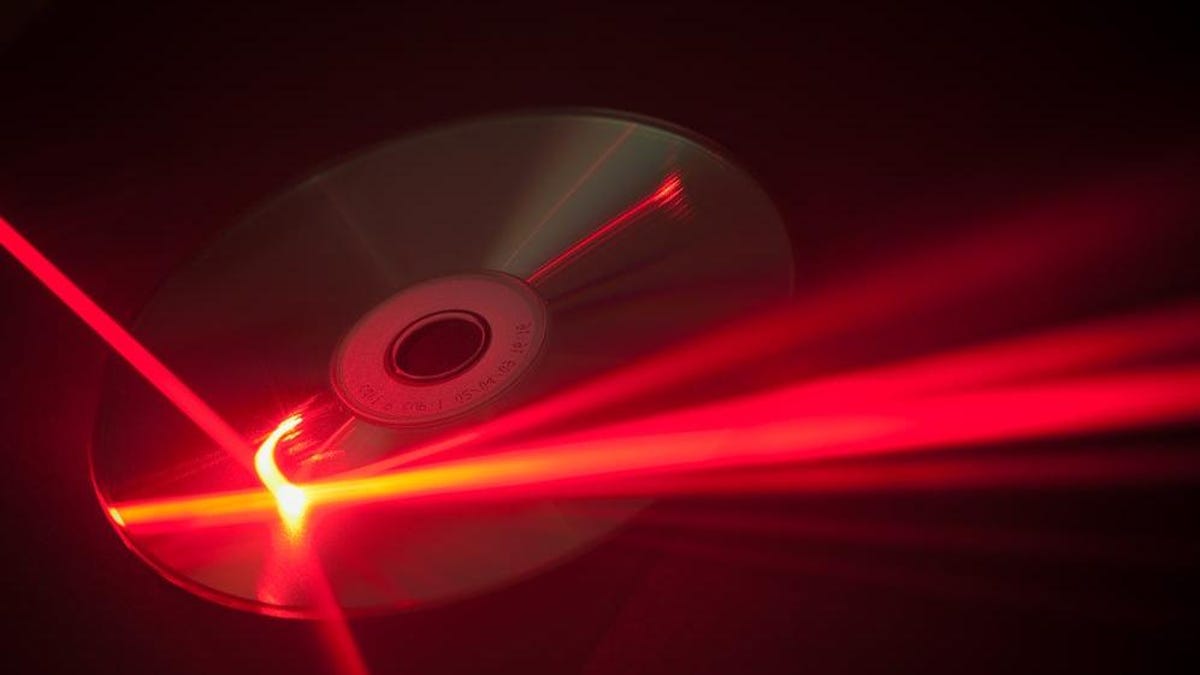Note: Unfortunately the research paper linked in the article is a dead/broken/wrong link. Perhaps the author will update it later.
From the limited coverage, it doesn’t sound like there’s an actual optical drive that utilizes this yet and that it’s just theoretical based on the properties of the material the researchers developed.
I’m not holding my breath, but I would absolutely love to be able to back up my storage system to a single optical disc (even if tens of TBs go unused).
If they could make a R/W version of that, holy crap.



This is the best summary I could come up with:
Researchers from Scientists from the University of Shanghai for Science and Technology just figured out how to fit up to a petabit of data onto an optical disk by storing information in 3D.
Well, you can kiss those puny disks goodbye thanks to a new technique that can read and write up to 100 layers of data in the space of just 54-nanometres, as described in a new paper published in the journal Nature.
“This could greatly reduce the footprint as well as the energy consumption of the future big data centers, providing a sustainable solution for the digital economy,” said Min Gu, a professor at the University of Shanghai for Science and Technology, and one of the paper’s co-authors.
The technique required the researchers to develop a brand new material, which has the easy-to-remember name dye-doped photoresist with aggregation-induced emission luminogens, or AIE-DDPR if you’re in a hurry.
AIE-DDPR is a highly uniform and transparent film that lets researchers blast it with lasers at the nanoparticle scale with precision, allowing for an unprecedented storage method.
Shrinking the size and scale of data storage could have huge implications, not just for the business of the internet but also for the environmental footprint of the tech industry.
The original article contains 338 words, the summary contains 206 words. Saved 39%. I’m a bot and I’m open source!